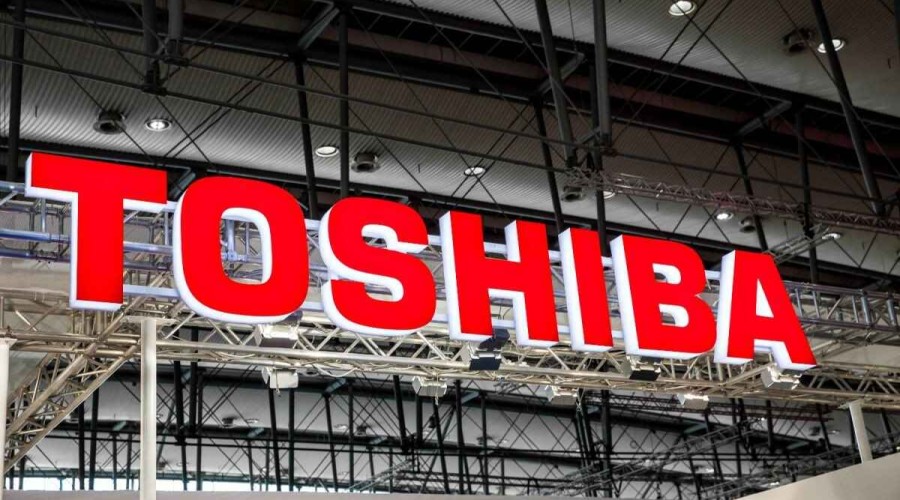Toshiba plans to split into 2 firms
The company also said it will sell 55 percent of its 60 percent stake in Toshiba Carrier Corp., its air-conditioning subsidiary, to US firm Carrier Corp. for about 100 billion yen ($867.4 million) after reviewing its business portfolio

Toshiba Corp. said Monday it has decided to divide into two companies instead of the three announced in November to cut costs associated with the reorganization, abandoning its initial plan, which drew stiff opposition from activist shareholders, Qazet.az informs via Kyodo.
Toshiba, a Japanese household name with a history of nearly 150 years, said in a statement that the revision of the original plan is aimed at ensuring stability in its finances.
Under the new plan, Toshiba will spin off its device business, including its semiconductor and hard drive sectors, and put together infrastructure and asset-management units.
The company also said it will sell 55 percent of its 60 percent stake in Toshiba Carrier Corp., its air-conditioning subsidiary, to US firm Carrier Corp. for about 100 billion yen ($867.4 million) after reviewing its business portfolio.
It had planned to break up into three companies -- two spinoffs that would each focus on infrastructure and devices and a third that would own a stake in flash-memory chip company Kioxia Holdings Corp.
The rare reorganization of the tech behemoth was seen as an attempt to appease shareholders disgruntled by lackluster efforts to boost growth and corporate value.
Toshiba has a variety of businesses, from nuclear power and elevators to hard disk drives and semiconductors. In fiscal 2020, which ended in March 2021, it had over 3 trillion yen in sales.
The revision of its strategy was made after some activist stakeholders voiced opposition against the three-way split.
In January, Singaporean firm 3D Investment Partners Pte., which owns about 7 percent of Toshiba's stake, said it was against the Japanese firm's initial plan and requested an extraordinary general meeting of shareholders.
3D Investment Partners said it believed the "plan was the result of a flawed process and failed to address the underlying issues at Toshiba."
